The Canada agriculture visa is a great way for those in the agricultural industry to live and work in Canada. There are many benefits to this visa, including the ability to work in Canada for up to four years and the opportunity to apply for permanent residency. If you are interested in obtaining a Canada agriculture visa, there are a few things you will need to do. First, you will need to have a valid passport and a job offer from a Canadian employer in the agricultural industry. Once you have these two things, you can apply for the visa online. The application process is relatively simple and straightforward, and you should receive your visa within a few weeks.
There is no specific visa for agricultural work in Canada. However, there are programs in place that allow foreign workers to come to Canada to work in the agricultural sector. The Seasonal Agricultural Worker Program (SAWP) is one such program. To be eligible for the SAWP, workers must be from a designated country, have a valid offer of employment from a Canadian employer, and meet other program criteria.
How do I get a farm visa for Canada?
To apply for a work visa for Canada, you will need the following documents:
– A job offer from a Canadian employer
– A job contract from the Canadian employer
– Additional documents depending on your job position, job nature, and your country of nationality
The Agri-Food Pilot is a great way to help address the labour needs of the Canadian agri-food sector. The pilot provides a pathway to permanent residence for experienced, non-seasonal workers in specific industries and occupations. It will run until May 2023. This is a great opportunity for those who are looking to work in the agri-food sector to get a foot in the door and eventually become permanent residents of Canada.
How to apply for agriculture visa
To apply for an agriculture visa subclass 403, you must:
– have the necessary skills to perform the job you are offered
– have English proficiency, for eg, at least average of 40 in IELTS (higher if the occupation requires it)
– not bring your family members
– be at least 21 (no maximum age requirement)
The Seasonal Agricultural Worker Program (SAWP) is a program that allows citizens of certain countries to come to Canada and work in the agricultural sector on a seasonal basis. If you are hired through the SAWP, you can work for any SAWP employer in Canada. To be eligible to apply for the SAWP, you must be a citizen of a country that takes part in the program, your government recruited you, and you will be working for SAWP employers in Canada.
Can an American buy a farm in Canada?
If you’re a foreign investor interested in buying agricultural land in Canada, it’s important to consult with a legal advisor beforehand to ensure you’re aware of any restrictions that may be in place. Some provinces have strict limits on the amount of land that can be owned by foreigners or corporations, while others have no such restrictions. Knowing the rules in advance will help you avoid any potential problems down the road.
The employment outlook for General farm workers (NOC 8431) in Ontario for the 2022-2024 period will be good. The following factors contributed to this outlook: Employment growth will lead to a moderate number of new positions. Not many positions will become available due to retirements.
Is agriculture high demand in Canada?
Agriculture is a great career in Canada due to the high demand in this job sector and the high salary offered. With the right education and experience, you can be successful in this field and make a good living. There are plenty of job opportunities available in this sector, so you should definitely consider it if you are looking for a new career.
People in Canada generally think of the prairies as being filled with wheat fields, and while wheat is the most common crop, there are many different types of crops grown in the prairies. The three prairie provinces of Alberta, Saskatchewan and Manitoba are Canada’s breadbasket, and together they produce the majority of Canada’s crops.
Alberta is the largest producer of beef cattle, while Saskatchewan is the largest producer of durum wheat, canola and lentils. Manitoba has the most pig farms and is second in potato production. The prairies are also a major producer of flax, barley, oats and rye.
The climate in the prairies is ideal for growing crops, with warm summers and long, sunny days. The prairies receive more hours of sunlight than anywhere else in Canada, making them the perfect place to grow crops.
Do farmers pay taxes in Canada
In Canada, agricultural businesses are subject to a combination of federal and provincial income taxes, federal and provincial sales and excise taxes, and provincial and municipal property taxes. The tax rates, exemptions and deductions on agricultural land vary from province to province.
For example, in Alberta, the income tax rate for agricultural businesses is 2.5%, while in Ontario it is 3.5%. The provincial sales tax on agri-food products is 5% in both provinces, but the municipality may add an additional 1-2% in Ontario.
The federal government also imposes a GST (Goods and Services Tax) of 5% on the sale of agri-food products.
In general, the tax burden on agriculture and agri-food businesses is higher in Canada than in other developed countries. This is partly due to the fact that the Canadian government provides fewer subsidies and tax breaks to the agricultural sector than most other developed countries.
The minimum age required to participate in the program is 21 years of age. There is no maximum age limit for applicants. Applicants must be residing in their country of origin at the time of application and cannot travel with family.
How can I apply for agriculture visa in USA?
The application process for a nonimmigrant visa can be divided into five steps:
1. Complete the online Nonimmigrant Visa Application, Form DS-160.
2. Go to the US Visa Appointment Service and schedule an appointment.
3. Gather the required documentation.
4. Submit your documents at the Document Service Center (DSC).
5. Attend your visa interview.
A career in farming can be a very rewarding experience. There are a few things to keep in mind when considering a career in farming. First, it is important to get a good education. There are many excellent agricultural colleges that offer courses in farming. These courses will give you the knowledge and skills you need to be successful in farming. Second, it is important to have a good work ethic. Farming is a tough business, and it takes a lot of hard work and dedication to be successful. Third, it is important to be organized and efficient. Farming requires a lot of planning and organization to be successful. If you can keep these things in mind, you will be well on your way to a successful career in farming.
Does agriculture pay well in Canada
The average agriculture salary in Canada is quite reasonable, especially when you consider the experience required for most positions. Entry-level positions may not make as much as experienced workers, but they still make a decent wage. With the right experience, agriculture workers can make a very good living in Canada.
If you are planning to participate in the Seasonal Agricultural Worker Program (SAWP), you can stay in Canada for a maximum of eight months. This period is between January 1st and December 15th. You must leave Canada no later than December 15th.
How much are farm workers paid in Canada?
Salaries for farm workers in Canada vary depending on experience and location. The average salary for an entry-level farm worker is $27,300 per year, while the average salary for an experienced farm worker is $39,980 per year. Farm workers in the provinces of Alberta and Quebec earn the highest salaries, while those in the province of Newfoundland and Labrador earn the lowest salaries.
It is interesting to see the value of farm land and buildings per acre in different parts of Canada. It is highest in Newfoundland and Labrador, and lowest in Nova Scotia.
Conclusion
There is no specific agriculture visa for Canada. However, you may be eligible for a work visa under the Agricultural stream of the Temporary Foreign Worker Program. To be eligible, you must have a job offer from a Canadian employer in the agriculture sector and meet certain other criteria.
After reading this article, you should have a better understanding of how to go about getting a Canada agriculture visa. There are a few key requirements that you will need to meet in order to be eligible for this type of visa, but if you are able to meet them, then the process should be relatively straightforward. Just make sure to start the process early and to have all of the necessary documentation in order, and you should be well on your way to obtaining your Canada agriculture visa.
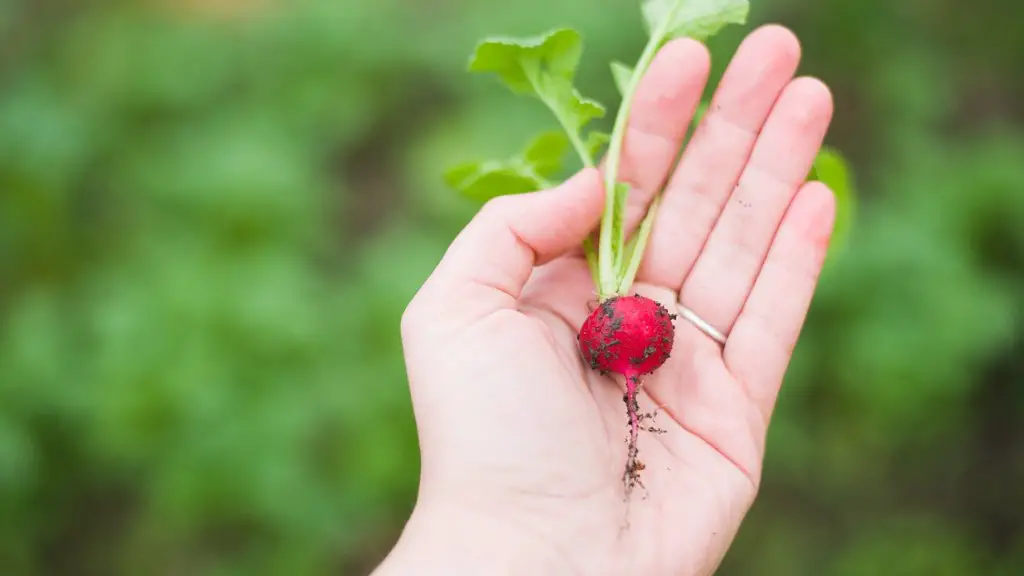
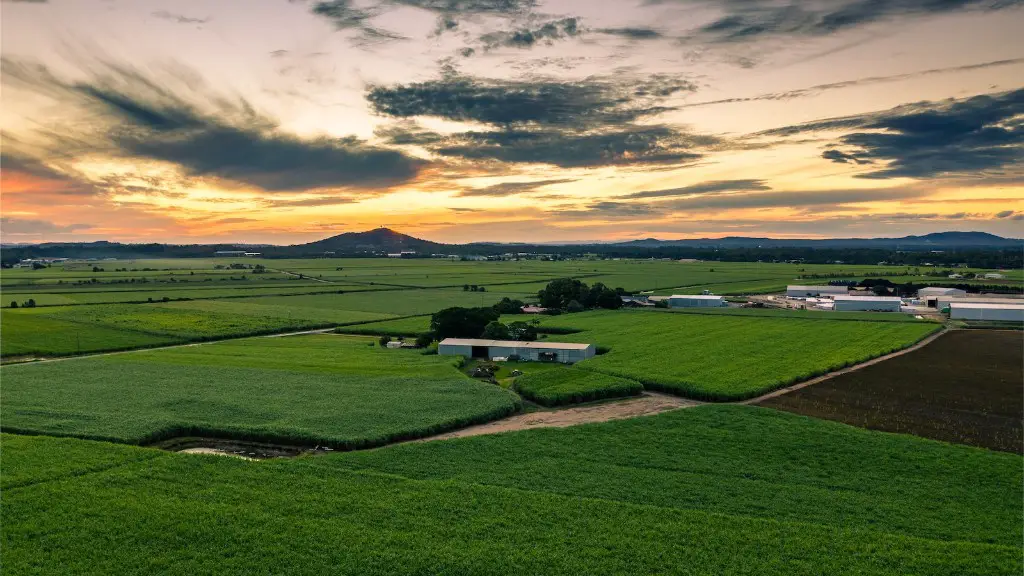
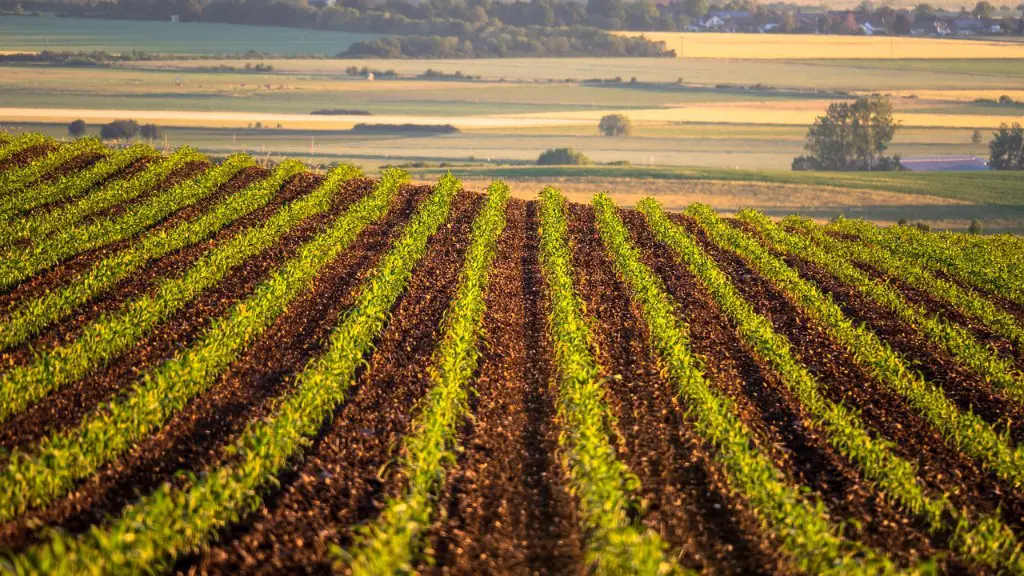
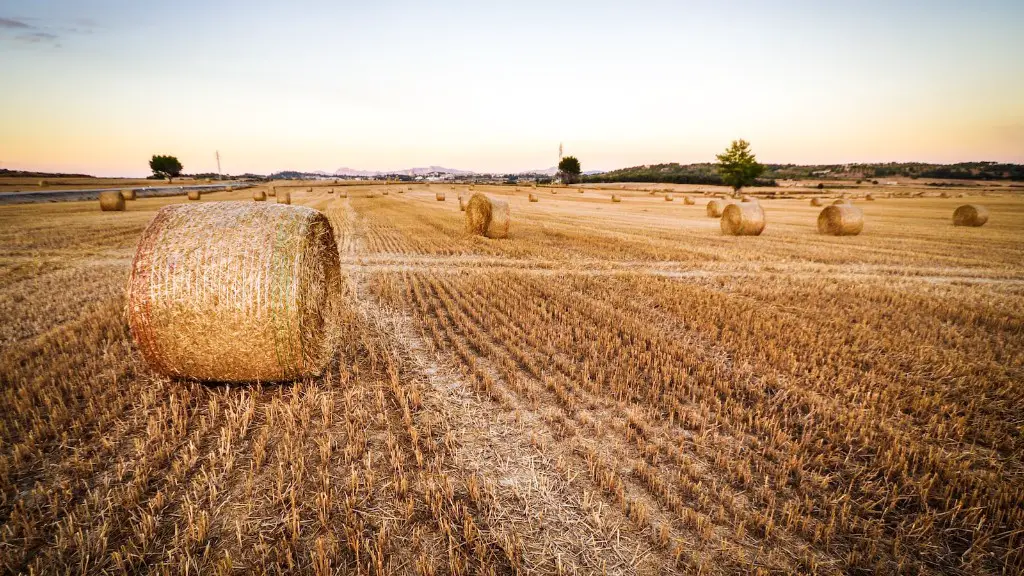

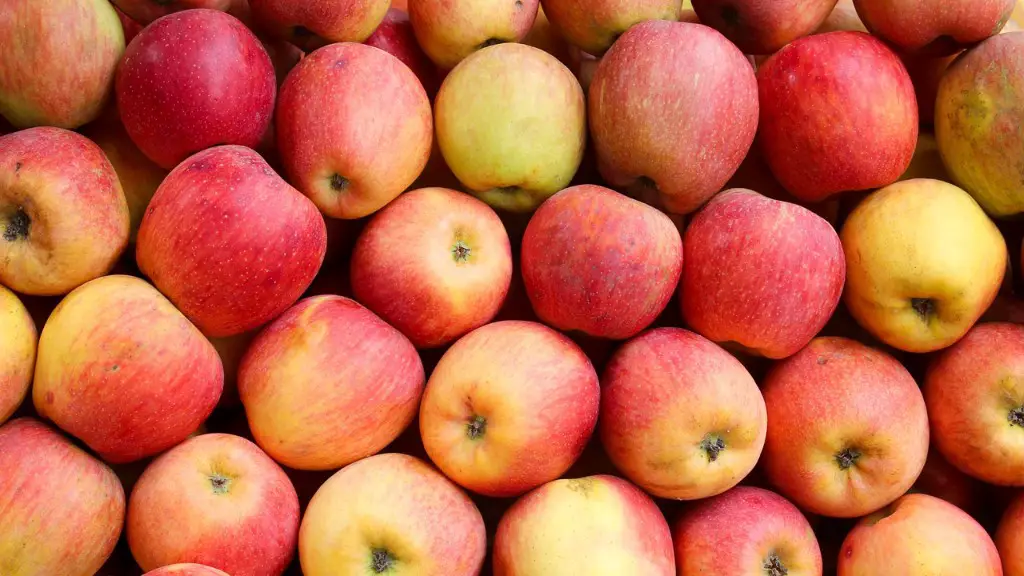
Dear Sir.
I am looking for position of Farm Supervisor. Any Where,
[email protected]